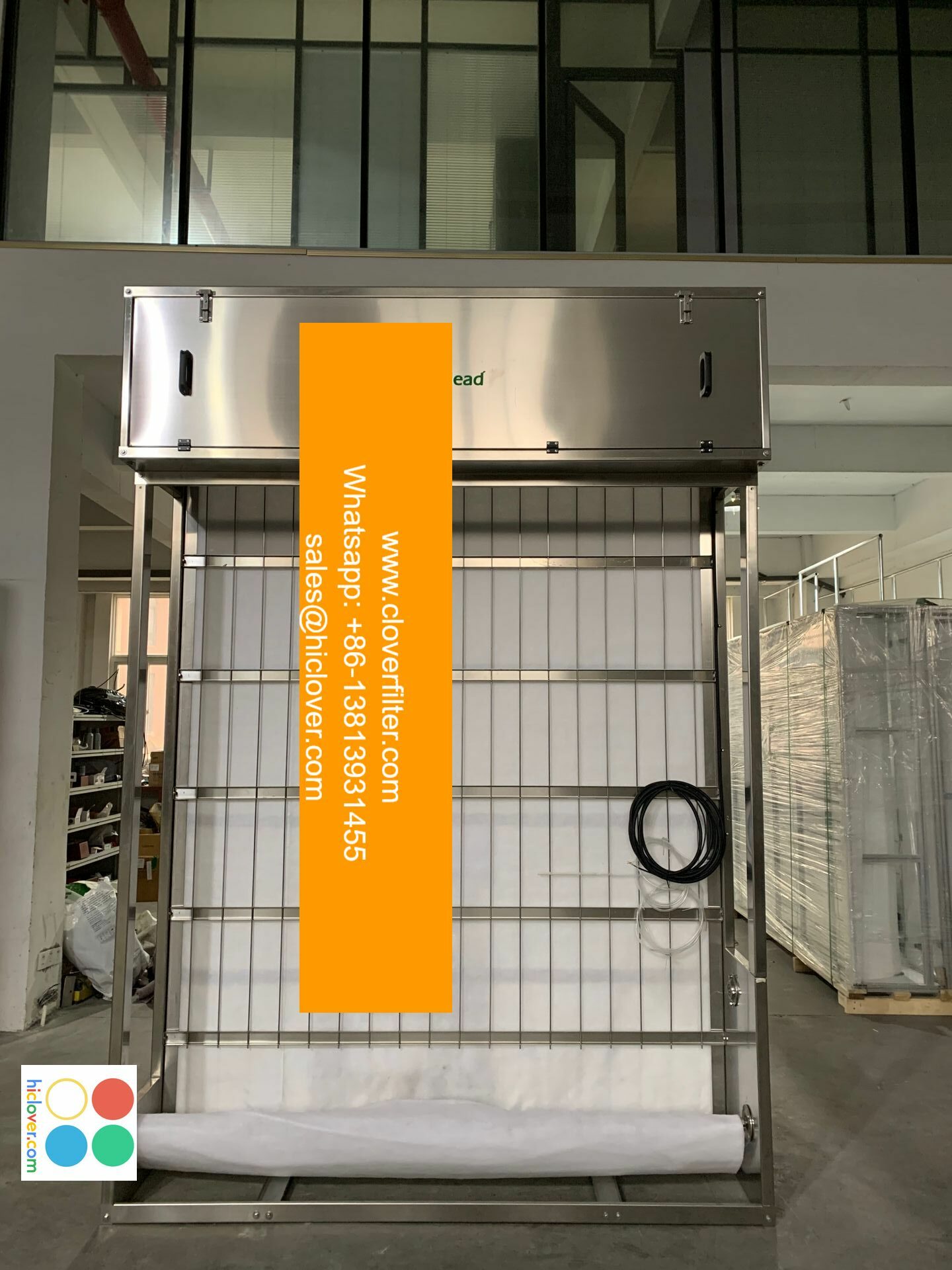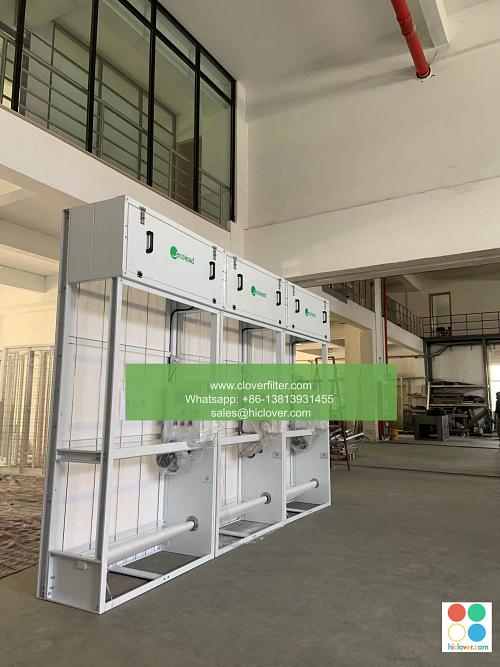Air Filter Certification: A Key Differentiator for HVAC Manufacturers

The air filter industry has become increasingly competitive, with numerous manufacturers vying for market share. One key aspect that can set a company apart from its competitors is air filter certification. In this article, we will explore the importance of certification, the various types of certifications available, and how they can benefit HVAC (Heating, Ventilation, and Air Conditioning) manufacturers.
Why is Air Filter Certification Important?
Air filter certification is crucial for ensuring the quality and performance of air filters. It verifies that the filter meets specific standards and regulations, providing consumers with confidence in the product’s ability to improve indoor air quality (IAQ). Certification also helps manufacturers to differentiate their products from those of their competitors, which can be a major selling point in a crowded market. Key words like indoor air quality (IAQ), air purification, and ventilation systems are often highlighted in marketing materials to emphasize the importance of certified air filters.
Types of Air Filter Certifications
There are several types of air filter certifications available, including:
- MERV (Minimum Efficiency Reporting Value) certification, which rates filters based on their ability to capture particles of different sizes.
- HEPA (High Efficiency Particulate Air) certification, which requires filters to capture at least 99.97% of particles as small as 0.3 microns.
- UL (Underwriters Laboratories) certification, which verifies that filters meet specific safety standards.
- ASHRAE (American Society of Heating, Refrigerating, and Air-Conditioning Engineers) certification, which rates filters based on their energy efficiency and IAQ performance.
- Residential HVAC systems, where they can improve IAQ and reduce the risk of airborne diseases.
- Commercial HVAC systems, where they can help to maintain a healthy and productive indoor environment.
- Industrial applications, where they can protect equipment and personnel from airborne contaminants.
- Healthcare facilities, where they can help to prevent the spread of airborne infections.
These certifications are essential for HVAC manufacturers to demonstrate the quality and performance of their air filters, particularly in commercial HVAC applications where IAQ is critical.
Application Areas for Certified Air Filters
Certified air filters have a wide range of applications, including:
In each of these application areas, certified air filters can play a critical role in maintaining good IAQ, reducing the risk of airborne diseases, and improving overall health and wellbeing.
Conclusion
In conclusion, air filter certification is a key differentiator for HVAC manufacturers, providing a competitive edge in a crowded market. By obtaining certifications like MERV, HEPA, UL, and ASHRAE, manufacturers can demonstrate the quality and performance of their air filters, which is essential for IAQ improvement and energy efficiency. Whether it’s for residential, commercial, or industrial applications, certified air filters can make a significant difference in maintaining a healthy and comfortable indoor environment. As the demand for high-quality air filters continues to grow, certification will become an increasingly important factor in the air filter industry. You haven’t provided a prompt or question for me to respond to. Please go ahead and ask your question, and I’ll do my best to provide a helpful and direct answer.


